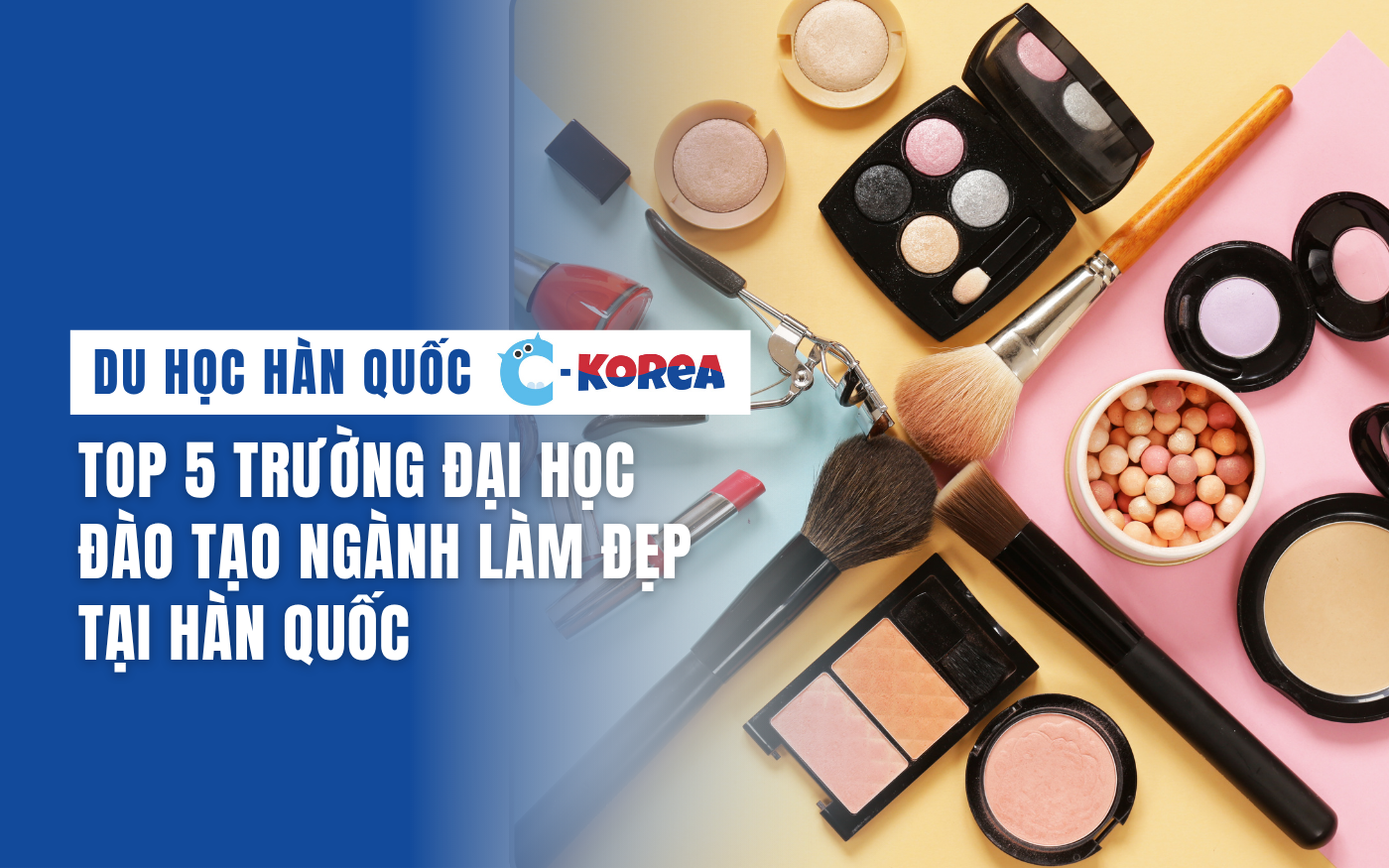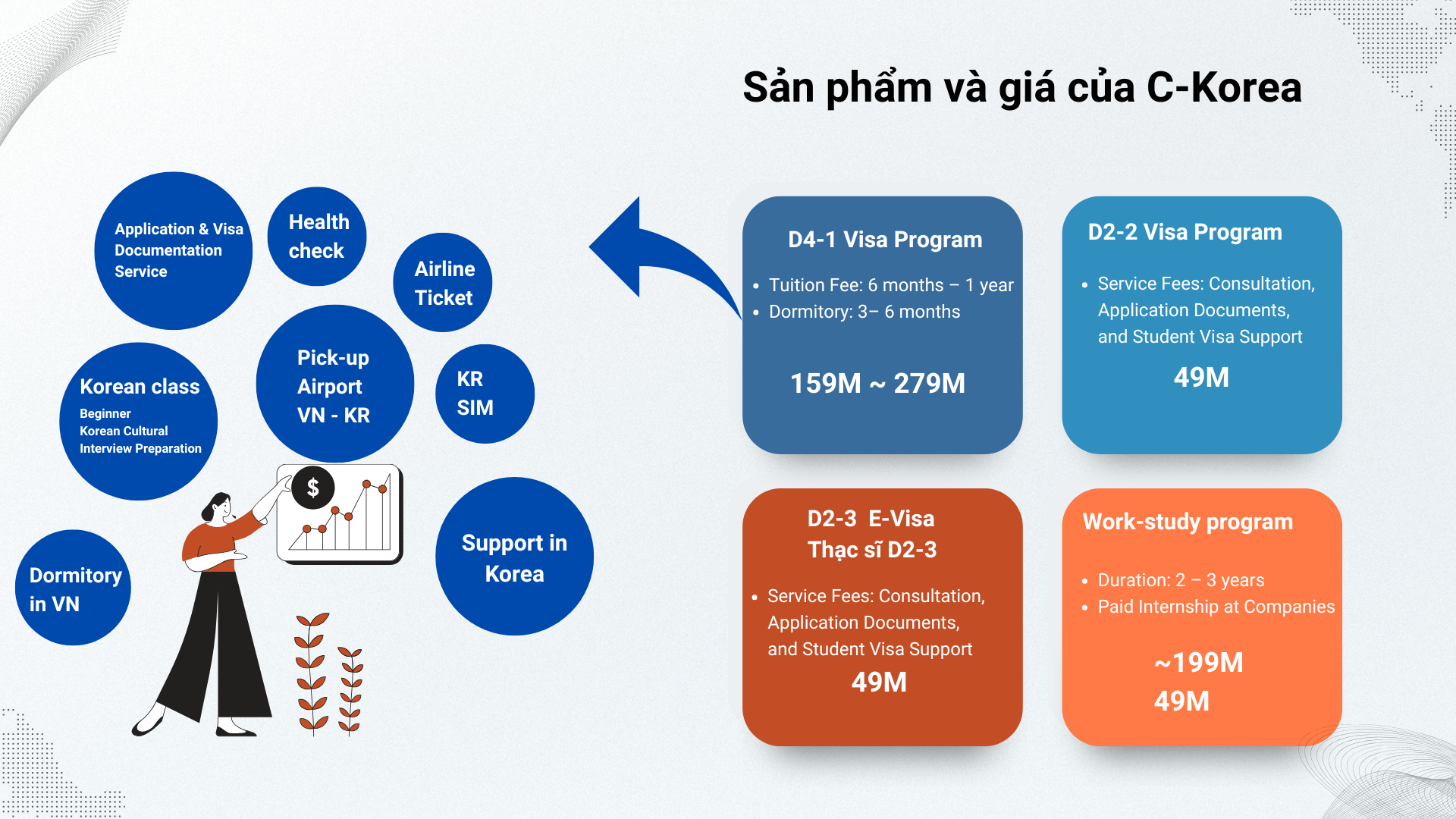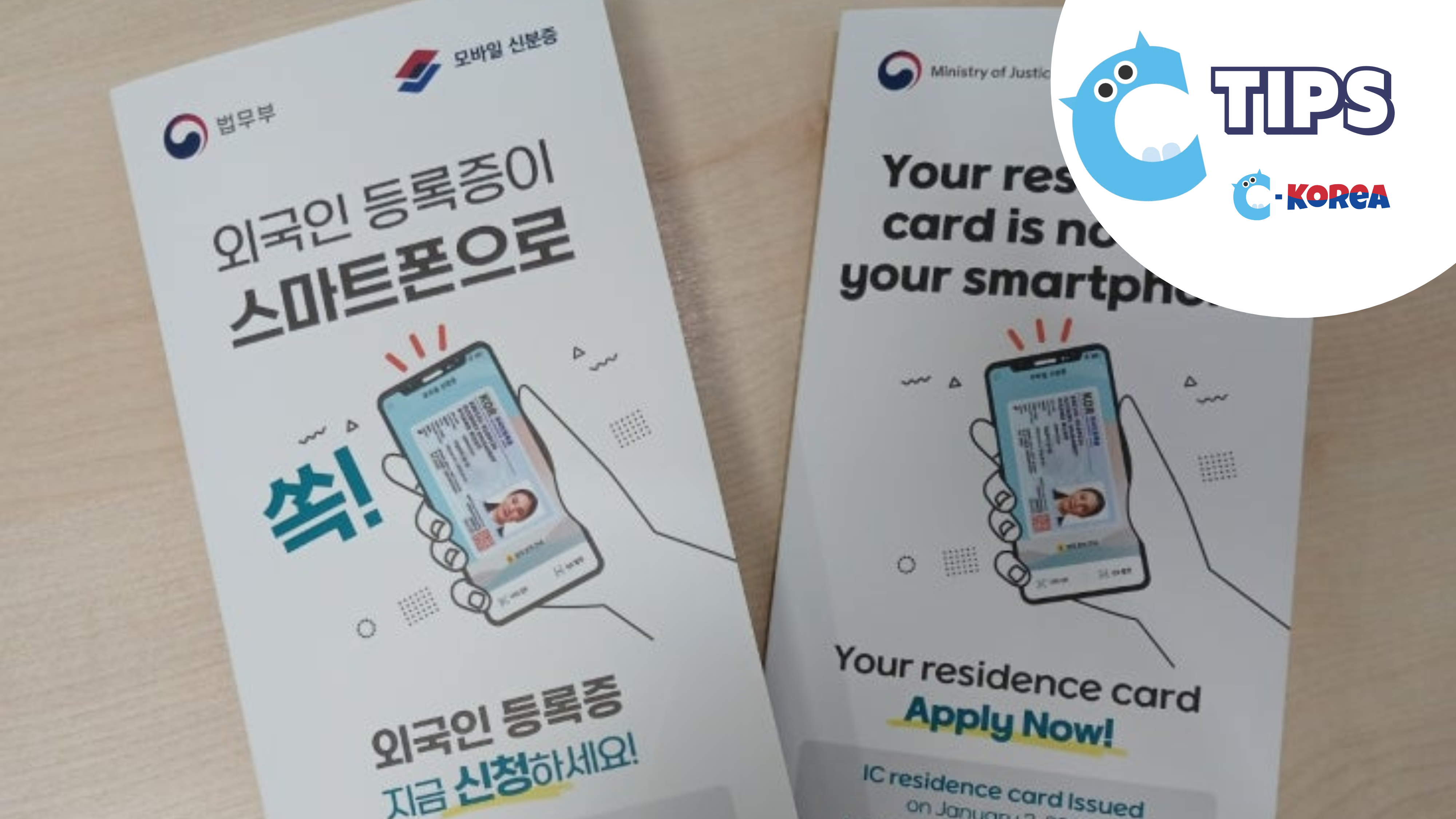Korean is becoming an increasingly popular global language. According to statistics, Korean is currently the 14th most learned language in the world, with over 70 million native speakers. In 2020, an estimated 160,000 students worldwide enrolled in Korean language courses, reflecting a significant increase in interest in the language. Korea, with its K-pop culture, K-drama, and cuisine, has created a powerful Hallyu (Korean Wave) wave, motivating many people around the world to learn Korean.

Korean is becoming the second most popular foreign language in Vietnam, after English. Since Vietnam and Korea established diplomatic relations in 1992, learning Korean has grown strongly and become increasingly popular. Currently, about 28,450 students have taken the TOPIK (Test of Proficiency in Korean) exam in 2021 and 2022. Statistics also show that there are about 11,600 students studying Korean at 79 primary, secondary and university schools across the country.
Currently, Korean has been included in the curriculum of many schools in Vietnam, from primary to university. In some schools, Korean is taught from grade 3 of primary school, helping students master the language early. The expansion of Korean language teaching in schools helps students and university students have the opportunity to approach Korean language and culture in a deep and systematic way. There are 21 universities in Vietnam offering Korean language programs and related majors. The number of students and lecturers has increased significantly in recent years, meeting the growing demand for Korean language study. The programs at the universities not only focus on the language but also include the cultural, economic and social aspects of Korea.

In addition, the strong development of Korean companies in Vietnam such as Samsung, LG, SK, POSCO, Hyundai Motor and Lotte has created many job opportunities for people with Korean skills. Proficiency in Korean not only helps increase career opportunities but also opens up many opportunities for business cooperation, research and study in Korea.
Learning Korean is becoming more and more popular and important not only in studying but also in career opportunities and cultural exchange. C-Korea hopes that the above information will help you have an overview of the situation of learning Korean in the world and in Vietnam. So before starting to learn Korean or choosing to study abroad in Korea, let’s find out with C-Korea what we need to prepare!
1. Building a Solid Grammar Foundation
Grammar is the foundation of any language. To learn Korean effectively, you should start by understanding the basic grammar structures. This will help you build grammatically correct sentences and communicate more confidently.
– Learn the Hangeul alphabet: Start by mastering the Hangeul alphabet, including both vowels and consonants. Hangeul is a very logical and easy-to-learn writing system. To learn Hangeul well, you need to practice writing and pronunciation every day. Start by writing each character carefully, then combine them into simple words and gradually form sentences. Regular practice will help you master the writing system and pronunciation naturally.
– Basic tenses: Learn about the present, past and future tenses.
– Sentence structure: Learn how to arrange the components of a sentence, such as the subject, predicate and object. For example: “저는 사과를 먹어요” – “I ate an apple”.

2. Expand Your Vocabulary Through Daily Topics
Learning vocabulary by topic will help you remember and apply it to your daily life.
– Choose familiar topics: Start with familiar topics such as family, friends, work, food, hobbies, etc.
– Use flashcards: Create flashcards with illustrations and meanings of words. For example:
– Topic “Family”: “아빠” (appa) – “dad”, “엄마” (eomma) – “mom”.
– Topic “Food”: “밥” (bap) – “rice”, “김치” (kimchi) – “kimchi”.
– Supporting applications: Use applications such as Quizlet, Memrise to learn vocabulary every day.

3. Practice Listening and Speaking Every Day
Listening and speaking skills are two important skills for effective communication in Korean.
– Listen to Korean music and watch Korean movies: Listening to K-pop music or watching Korean movies will help you get used to Korean intonation and pronunciation.
– Practice pronunciation: Practice pronunciation along with songs or dialogue in movies. For example, try pronouncing the lyrics of BTS’s “Dynamite”.
– Use communication apps: Apps like HelloTalk, Tandem help you connect with native speakers and practice speaking every day.

4. Read and Write Every Day
Reading and writing helps strengthen vocabulary and grammar, and improve the ability to express ideas.
– Read short stories or books in Korean: C-Korea suggests that you start with simple short stories, then move on to more complex material. For example: “Little Red Riding Hood” in Korean.
– Keep a diary: Every day, write a short diary entry in Korean, describing what you did or felt.
– Join forums: Join Korean learning forums or social media groups to share and learn from the community.

5. Regular Review and Self-Evaluation
Regular review and self-evaluation will help you master your knowledge and identify your strengths and weaknesses.
– Schedule your review: Arrange time to review the vocabulary and grammar you have learned every week. For example, spend 2 hours reviewing every Saturday.
– Take practice tests: Use practice tests to test your knowledge and get familiar with the TOPIK test structure. For example, spend every Sunday doing a TOPIK practice test.
– Take notes and self-evaluate: Take notes on common mistakes and find ways to fix them. Self-evaluate your progress every month to adjust your study methods.
Learning a language in general brings many far-reaching benefits. It not only helps us broaden our horizons and understand the culture and history of other countries, but also opens up many career opportunities in international fields. C-Korea believes that learning a language also stimulates the brain, helping to improve memory and thinking skills. In addition, it also helps us connect and build new relationships in a deeper way.
For learning Korean, it helps us explore the unique culture of Korea, from music, dramas to cuisine. Korean also opens up many opportunities to study and work in Korea, increasing the ability to communicate with native speakers. Moreover, learning Korean helps develop personal skills such as patience, discipline and self-study ability.
C-Korea hopes that these tips will help you start your journey of learning Korean effectively and enthusiastically. Wish you study well and achieve your goals!
For more information about studying and working in Korea , please contact :
C-KOREA CULTURE AND STUDY ABROAD CONSULTING CO ., LTD.
- Address : 5th Floor , 94-96 Nguyen Van Thuong , Ward 25 , Binh Thanh District , Ho Chi Minh City
- Hotline: +84 28 7308 4247
- Facebook: https://www.facebook.com/profile.php?id=61565051012830
- Tiktok: https://www.tiktok.com/@duhoc_ckorea
- Youtube: https://www.youtube.com/channel/UCQspuqhQlf4IRFCDzN4ce2A














